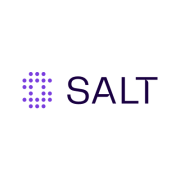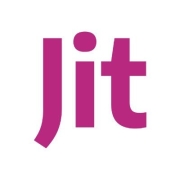API Security is crucial in protecting the integrity of online systems. It ensures APIs are safeguarded from malicious attacks and data breaches, which can significantly impact businesses. Organizations must adopt robust security strategies to maintain trust and protect their digital assets.
API Security strategies focus on verifying the identity of users, ensuring data integrity, and maintaining confidentiality. These systems implement authentication and authorization mechanisms to control access, along with threat detection tools to identify and mitigate potential vulnerabilities. A thorough understanding of this space helps companies build secure infrastructures that support their business operations.
What are the critical features of API Security solutions?In industries like finance and healthcare, API Security is implemented to manage sensitive data exchanges efficiently. Financial institutions rely on enhanced security measures to protect transactions, while healthcare organizations use API Security to safeguard personal health information.
API Security helps businesses protect valuable data and resources. It is essential for maintaining security, compliance, and operational efficiency, ensuring system integrity in today's interconnected digital landscape.







































When securing APIs, implementing authentication and authorization protocols is crucial. Use OAuth2 for access token management and JWTs for token format. Enforce HTTPS to protect data in transit and adopt rate limiting to minimize abuse. Regularly audit APIs for vulnerabilities and apply security patches promptly. Implement an API gateway to manage and monitor traffic. User roles and permissions should be defined meticulously to ensure users access only what they need.
How can you mitigate API security vulnerabilities?To mitigate API vulnerabilities, start by employing input validation to prevent injection attacks. Implement security headers to protect against common exploits. Utilize logging and monitoring tools to detect anomalous behavior. Apply consistent updates to libraries and dependencies to avoid known vulnerabilities. Use encryption for sensitive data both at rest and in transit. Additionally, conduct regular security testing such as penetration testing or vulnerability assessments.
Why is API Security crucial for businesses?API Security is vital for businesses because APIs often handle sensitive data and business logic. Unauthorized access could lead to data breaches, resulting in financial loss and reputational damage. Securing APIs ensures compliance with industry regulations like GDPR and PCI DSS. By protecting APIs, you safeguard critical business processes, maintain customer trust, and enable secure integration between internal and external systems.
What are common API Security threats?Common API threats include injection attacks, where malicious code is executed through the API, and broken authentication, which allows unauthorized access. Sensitive data exposure occurs when APIs return excessive data. Rate limiting issues can lead to denial of service attacks. Security misconfigurations and insufficient logging often result in breaches going undetected. Protecting APIs against these threats requires a comprehensive security strategy.
How do API gateways enhance API Security?API gateways enhance security by acting as a control point between clients and services, managing API calls and enforcing policies. They enable authentication, authorization, and traffic management. Gateways can apply rate limiting, block malicious IPs, and inspect traffic for malicious content. They integrate with security tools for real-time threat detection and provide a centralized location for managing security policies and monitoring API usage.